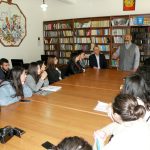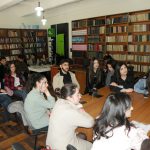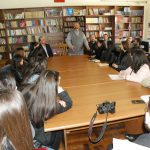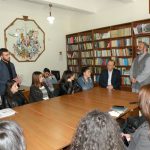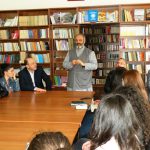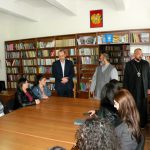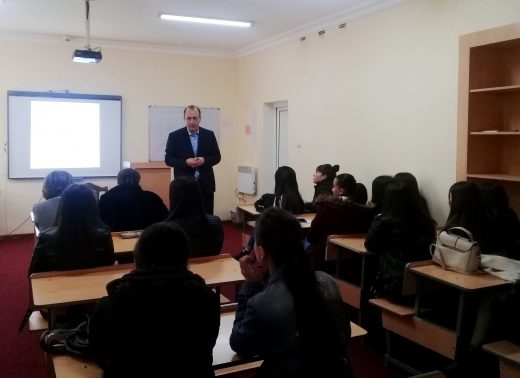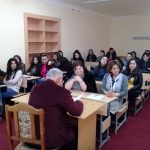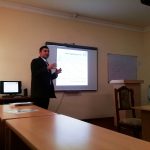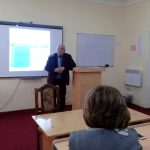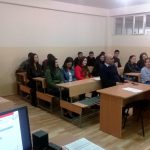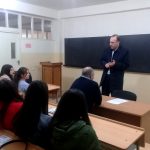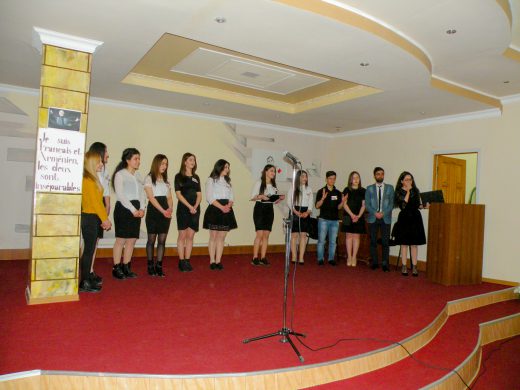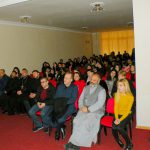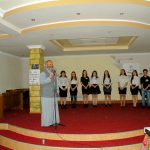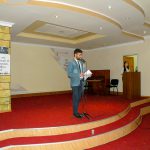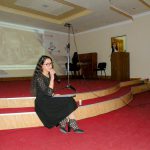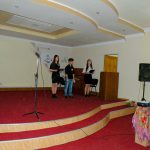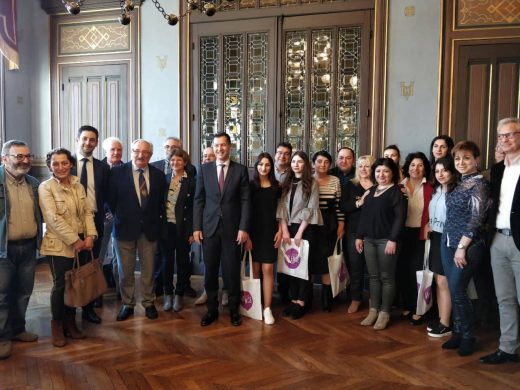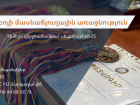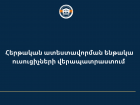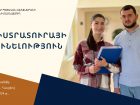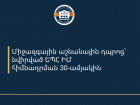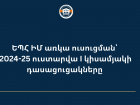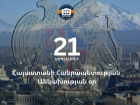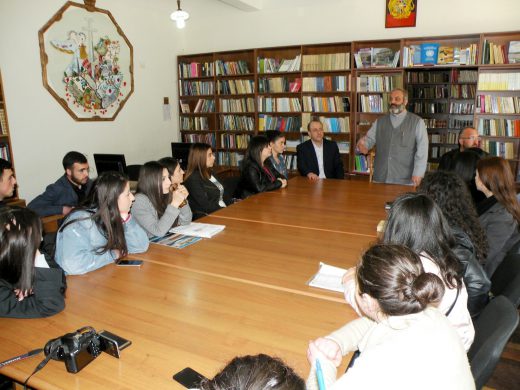
2019թ. մարտի 27-ին ԵՊՀ ԻՄ-ի գրադարանում տեղի ունեցավ «Ծուլությունը որպես մահացու մեղք» թեմայով դաս-քննարկումը, որը վարեց Տավուշի թեմի առաջնորդ Տեր Բագրատ եպիսկոպոս Գալստանյանը:
Քննարկմանը մասնակցում էին ԵՊՀ ԻՄ-ի տնօրենի պաշտոնակատար Ա. Վ. Ցուցուլյանը, վարչական և պրոֆեսորադասախոսական անձնակազմի ներկայացուցիչներ, Տավուշի թեմի հոգևոր սպասավորներ՝ Իջևանի հոգևոր հովիվ Տեր Սիմեոն քահանա Առաքելյանը, Թովմաս ուրարակիր Առաքելյանը, տարբեր մասնագիտությունների ուսանողներ:
Դաս-քննարկման ընթացքում Տեր Բագրատ Գալստանյանն անդրադարձավ մեղքերի տեսակներին, որոնք, ըստ կամքի, լինում են կամա և ակամա, ըստ գիտակցման՝ գիտակցված և չգիտակցված: Եթե ակամա գործված մեղքերը ներելի կամ դյուրավ ներելի են, ապա առավել դժվար ներելի են կամավոր, ազատ կամքով և գիտակցաբար կատարվածները, որոնցից յոթ մահացու մեղքերն առանձնապես ատելի են Աստծուն ու սրբերին:
Ընդգծվեց, որ ծուլությունը դասվում է 7 մահացու մեղքերի (1. հպարտություն, 2. նախանձ, 3. բարկություն, 4. ծուլություն, 5. ագահություն, 6. որկրամոլություն, 7. բղջախոհություն (պիղծ մտածմունքներ ու գործեր, վավաշոտություն) շարքը: Մահացու մեղքերի ճյուղավորումները կամ նմանակներն են չարակնությունը, կախարդությունը, բանսարկությունը, շողոքորթությունը, հեշտասիրությունը, խստասրտությունը, հայհոյությունը, շնությունը, մարմնասիրությունը, ժլատությունը, խաբեությունը, ընչաքաղցությունը, մարդապաշտությունը, դրամապաշտությունը, փառասիրությունը, սանձարձակությունը, լպիրշությունը, խեղկատակությունը, դավաճանությունը:
Ուսանողների այն հարցին, թե որն է ծուլության վիճակից դուրս գալու հիմնական միջոցը, բանախոսը պատասխանեց. «Ծուլությունից դուրս գալու տարբերակներից է ժամանակի վրա իշխանություն ունենալու ծրագրումը, այն, թե դու ինչպես ես տնօրինում քո ժամանակը»: Բագրատ սրբազան Գալստանյանը հավելեց, որ աշխատանքը (գործելը, արարելը) աստվածային օրհնություն է (նզովք լինելով հանդերձ՝ օրհնանք է), ուսանողներին կոչ արեց երբևէ չծուլանալ, քայլ կատարել, գործել, արարել, անընդհատ մարզել թե՛ մարմինը, թե՛ միտքը, քանզի չմարզելու դեպքում միտքն էլ է փչանում: Ի վերջո, ով ինչ ցանի, այն էլ կհնձի, իսկ չցանածը հնձելու ակնկալիքը, ինչպես Նալբանդյանն է նշել, շատ խորը ինքնախաբեություն է:
Պարոն Ցուցուլյանն էլ հավելեց, որ եթե Աստված յուրաքանչյուր մարդու մեջ է, և Աստված «ԱՐԱՐԻՉ» է, ապա մարդը արարելով իրացնում է իր մեջ առկա այդ աստվածային ունակությունը:







